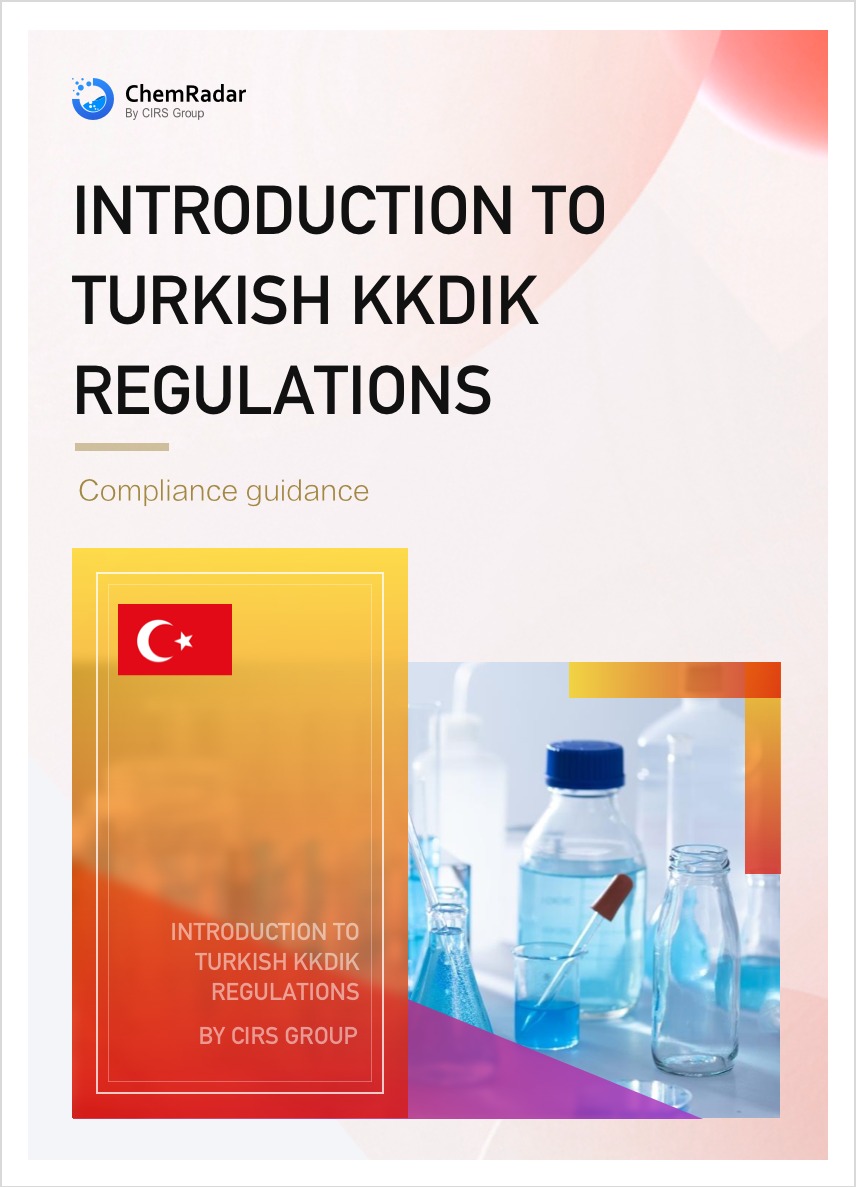On September 8, 2025, the Turkish Ministry of Agriculture and Forestry released a draft amendment to the "Food Codex Regulation on Food Contact Substances and Materials," officially lifting the ban on the use of recycled plastics in food packaging. The amendment also introduces new rules for the reprocessing of plastic production scraps.
Background
In 2018, Turkey issued the "Food Codex Regulation on Food Contact Substances and Materials," which clarified the scope of application, legal basis, definitions, and general requirements, while also specifying provisions for active and intelligent materials, specific material categories, substance approval procedures, new substance notifications, permit modifications, and compliance declarations. The recently released draft amendment updates certain clauses of the original regulation, primarily involving changes to department names, updates to referenced regulations, the addition of environmental and recycling requirements, and the provision of a transition period for businesses to adapt to the new rules.
Key Amendments
- Repeal of the Ban on Recycled Plastics in Food Contact Materials
The use of recycled plastics that comply with relevant regulations is now permitted in the production of food contact materials. - Allowance for Reprocessing of Plastic Scraps and Burrs
The reprocessing of by-products such as plastic scraps and burrs generated during production is now permitted, provided they adhere to Good Manufacturing Practices (GMP) and the conditions outlined in Annex 7 (newly added).
Annex 7: Reprocessing of Plastics
- Process scraps, trimmings, and other similar by-products generated during plastic production that are intended for reprocessing should, where technically feasible, be collected separately from general waste as close as possible to the facility where they are generated.
- Materials intended for reprocessing should be collected through closed pipelines or conveyor belt systems dedicated to this purpose, or placed in specifically designed, clearly labeled, and clean boxes, bags, or containers. These containers must be sealed immediately after filling to prevent contamination of the materials before they are reintroduced into the production process.
- The aforementioned boxes, bags, or containers may be placed individually or grouped into secondary packaging. They must be numbered in accordance with the definition of "batch" under the "Regulation on the Use of Recycled Plastics in Materials and Articles Intended to Come into Contact with Food" and subsequently transported to reprocessing facilities.
- Operators must establish a quality assurance system for plastics intended for reprocessing to ensure effective prevention of mixing between different types of plastics, other materials, or waste at all stages of reprocessing. For batches of plastic by-products, all transfers between processes—prior to mixing with plastics of the same composition and entering the production process for plastic materials and articles—must be included in the quality assurance system to ensure full traceability.
The regulation takes effect upon publication and will be supervised and enforced by the Turkish Ministry of Agriculture and Forestry. Businesses must complete compliance adjustments by November 30, 2026.


